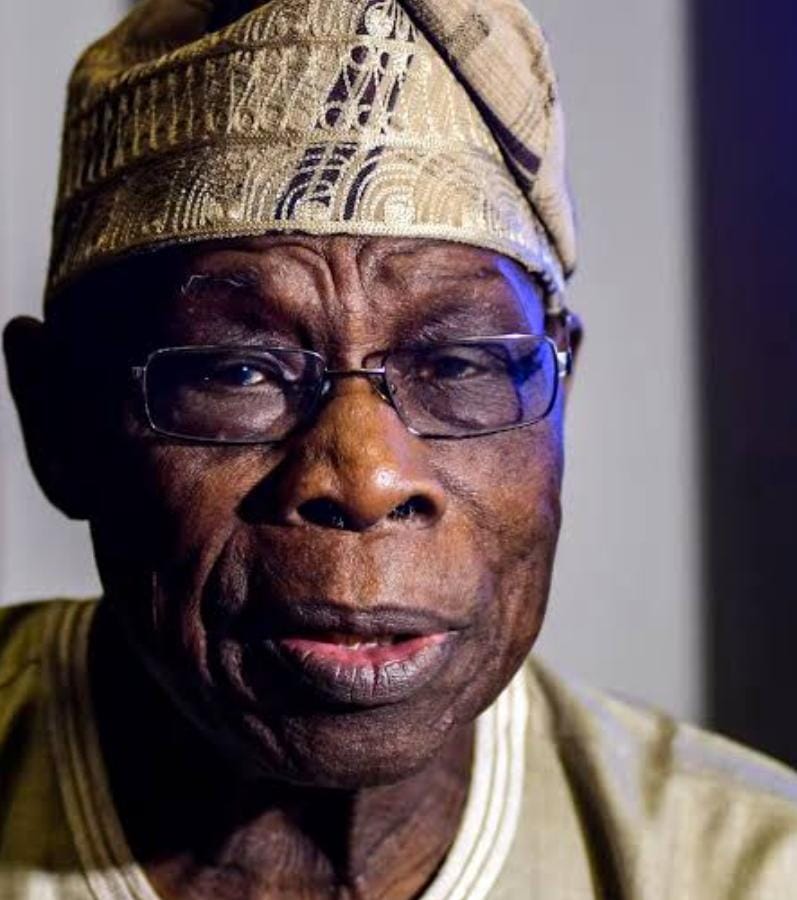Former Nigerian President Chief Olusegun Obasanjo has called for the devolution of power and resources from the federal government to the states and local governments to ensure effective management of resources and reduce competition at the centre.
Obasanjo, who was represented by the former Governor of Niger State, Banbangida Aliyu, spoke as a guest of honour at the public presentation of the book “Court and Politics,” authored by Dr. Umar Ardo.
Ardo was the governorship candidate of the Social Democratic Party (SDP) in the last election in Adamawa State and recently lost his bid to annul the election of Governor Ahmadu Fintiri.
Convener of the Northern Elders Forum, NEF, Prof. Ango Abdullahi, said it was time to go back to the drawing board as systems have proven to be failing in the country.
Abdullahi spoke at the presentation and launching of the book “Court and Politics” authored by Dr. Umar Ardo, in Abuja, emphasized that this was not the time to point fingers but to go back to where Nigeria had it right.
According to him, “The time has come for us to go back to the drawing board, so that this country can be saved. We have failed this country enough and this must stop. We have failed ourselves and we have no reason to complain.
“Particularly politically, we have no reason to complain. This event to me is an opportunity for us to talk to ourselves about our collective failure as a country.
“Today, we’ve just had power failure. 64 years after our independence, Nigeria still generates 4,000 megawatts of electricity, what a shame. 4,000 megawatts is not enough for one big house in another country.
“For those of us who from time to time go to Saudi Arabia on pilgrimage, I should remind you that the Haram (mosque in Saudi Arabia) uses 18,000 megawatts of electricity daily.
“But there is a country with more than 200 million people generating 4,000 megawatts of electricity after 64 years, something is wrong and it is wrong with everybody. Everyone is guilty. If we begin to point fingers, we won’t be able to solve the problem.
“For five years we tried parliamentary from 1960 to 1965 and to some extent in 1966. Now we have been trying presidential system for 24 years and the failure is so glaring.”
Also, the former national chairman of the Peoples Democratic Party, Uche Secondus, said there was need for the judiciary to be reformed adding that Nigeria must draw lessons from its history to avoid recurring mistakes.
He said, “As a political class, we are not lawyers, but I think our judicial system must be reformed. This is the opinion of the political class. Our system here in the country, be it civilian or military is based on sentiments and emotions into our law and politics.
Also, Chairman of the committee for the book launch, Shehu Gabam, said Nigeria would continue to have challenges in politics and the electoral process as long as courts continue to base their judgements on technicalities rather than facts of the issue.
Gabam noted that part of what brought Nigeria to where it is today is that “we have a body, the Independent National Electoral Commission, empowered by the law to conduct elections, and another arm of government, the Judiciary (Court), that decides on who is elected.




